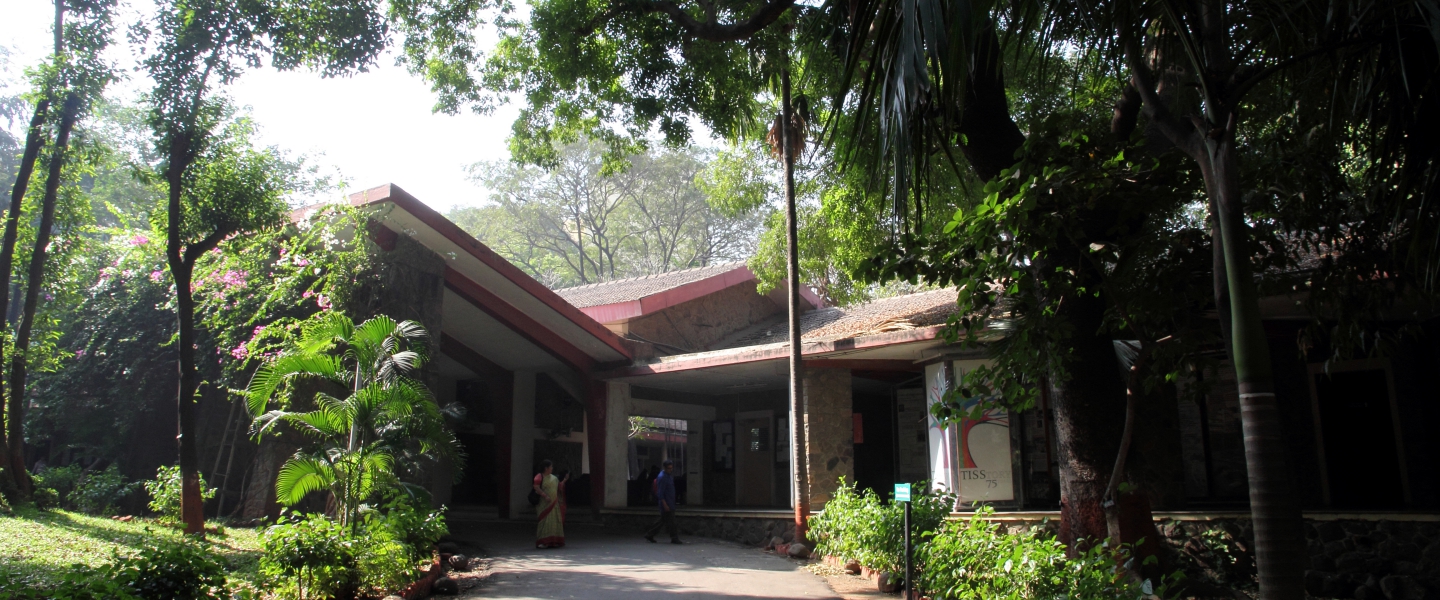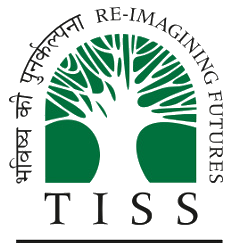The Tata Institute of Social Sciences (TISS) was established in 1936 as the Sir Dorabji Tata Graduate School of Social Work. In 1944, it was renamed as the Tata Institute of Social Sciences. The year 1964 was an important landmark in the history of the Institute, when it was declared "Deemed to be a University" under Section 3 of the University Grants Commission Act (UGC), 1956.
Since its inception, the Vision of the TISS has been to be an institution of excellence in higher education that continually responds to changing social realities through the development and application of knowledge, towards creating a people-centred, ecologically sustainable and just society that promotes and protects dignity, equality, social justice and human rights for all.
In pursuance of its vision and guiding principles, the Tata Institute of Social Sciences organises teaching programmes to facilitate the development of competent and committed professionals for practice, research and teaching; undertakes research; develops and disseminates knowledge; and reaches out to the larger community through extension, at the local, national, regional and international levels. Through its 4 Campuses in Mumbai, Tuljapur, Guwahati and Hyderabad, the vision of TISS has been to be an institution of excellence in higher education that continually responds to changing social realities through the development and application of knowledge, towards creating a people-centred, ecologically sustainable and just society that promotes and protects dignity, equality, social justice and human rights for all.


